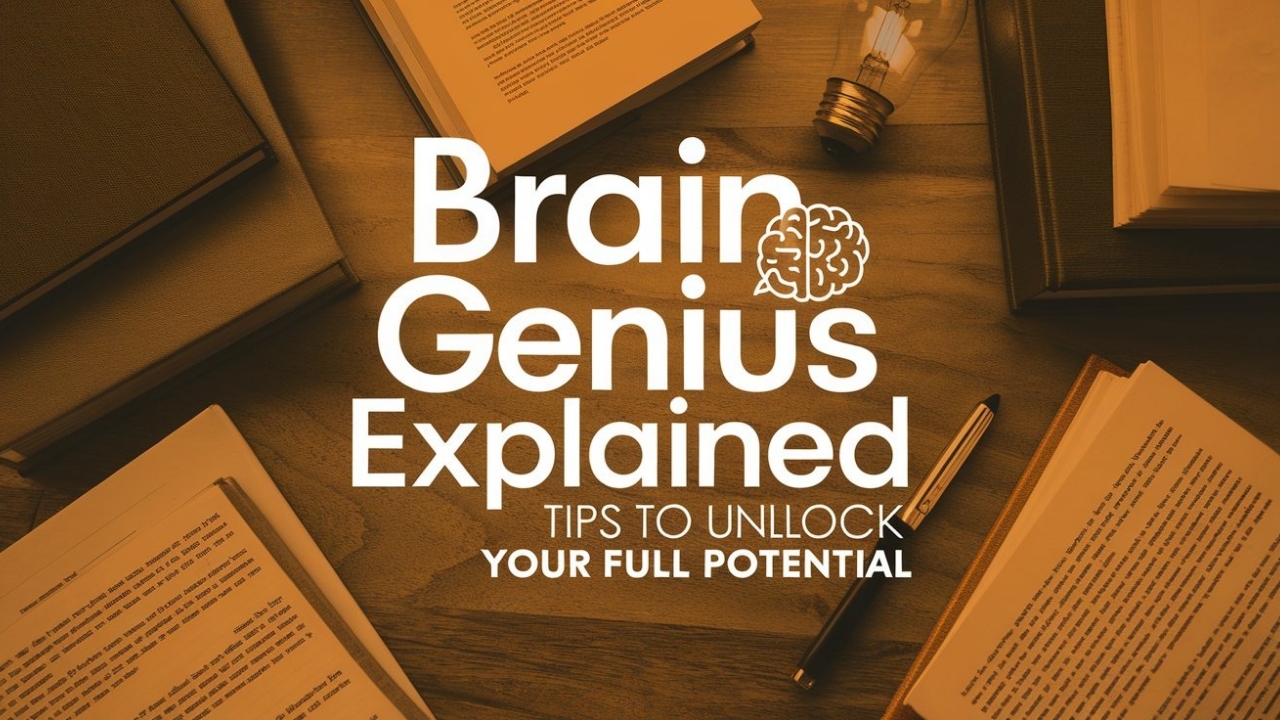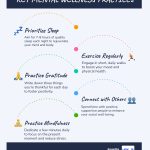This article explores the concept of the “Brain Genius” offering actionable tips and strategies to enhance cognitive abilities, improve focus, and unlock untapped mental potential, empowering readers to achieve peak mental performance and creativity.
Table of Contents
Introduction
The mind is a vast, untapped reservoir of potential. What if we told you that within you lies the capacity to unlock brilliant ideas, solve complex problems, and retain knowledge more effectively? The concept of “brain genius” isn’t about an elite few—it’s about the incredible potential in you.
This blog will help students, educators, and lifelong learners understand what makes the brain so powerful. Together, we’ll explore not only the science behind intelligence but also the strategies to unlock it. From actionable steps to nurture a growth mindset to real-life stories of cognitive breakthroughs, this is your ultimate guide to making the most of your brain genius.
Getting to Know Brain Genius
What is brain genius? At its core, brain genius refers to harnessing the potential of the brain for heightened learning, creativity, and problem-solving. It’s not just about being “born smart.” Instead, it involves understanding how to leverage and improve cognitive abilities over time.
Whether you’re a student prepping for exams, an educator crafting methods to inspire young minds, or a lifelong learner curious about unlocking new skills, understanding brain genius offers insights that apply across all walks of life.
Understanding the Brain’s Capacity
Our brain is a superpower in disguise. With over 86 billion neurons, it’s capable of housing memories, processing emotions, and tackling intellectual pursuits simultaneously. But how exactly does it work?
How the Brain Learns
Learning happens through neuroplasticity, the brain’s ability to reorganize itself by forming new neural connections. This means the brain is always adapting—growing stronger and more efficient with use. Imagine it as a muscle—the more you push its limits, the stronger and more precise it grows.
The Power of Memory
Memory works like a filing system. The brain processes, codes, and stores information in ways that promote recall when needed. Efficient learning is all about training this system—filing and accessing information with precision.
The “Wow” Factor in Intelligence
While IQ is one measure of intelligence, science increasingly recognizes fluid intelligence—the ability to reason, think abstractly, and solve new problems—as a more dynamic part of our cognitive toolkit. This type of intelligence can grow with practice, making brain genius a skill anyone can cultivate.
The Science of Genius
Modern research has revealed the fascinating factors that make “genius” attainable for more than an elite few. Intelligence isn’t fixed—it’s shaped by a mix of genetics, environment, and daily habits.
Intelligence Is Elastic
Studies involving children raised in enriched environments show significant improvements in cognitive function. This demonstrates the role of mindset and surroundings in cultivating genius.
Creativity Amplifies Genius
Creativity isn’t all about art. Whether it’s solving engineering marvels or crafting eloquent speeches, creativity boosts problem-solving and imagination. AI pioneer and Nobel laureate Herb Simon believed creativity was largely about pattern recognition—a skill that can be improved with practice.
Cognitive Development Over Time
Good news for lifelong learners—your brain continues to develop. Cognitive development doesn’t peak in childhood; it evolves well into your adulthood with continued intellectual stimulation.
Strategies to Enhance Cognitive Abilities
Want to activate your brain genius? These tried-and-tested strategies can help anyone flex their brainpower.
1. Train Your Brain with Puzzles and Challenges
Activities like Sudoku puzzles, memory games, or strategic tasks like chess can improve problem-solving and critical analysis skills.
2. Master the Art of Focus
Distraction is the enemy of productivity.Strategies such as the Pomodoro Technique, which involves dividing tasks into specific timed intervals, are effective for enhancing focus. Combine this with mindfulness exercises to keep your mind sharp and attentive.
3. Enhance Memory Retention
Use mnemonic devices, like the method of loci (e.g., associating items with locations), to remember information effortlessly. Apps like Anki for spaced repetition can further solidify memory.
4. Learn Something New
Developing multiple interests—like playing an instrument or learning a new language—stimulates the brain, creating new neural pathways.
5. Use Brain Training Apps
Platforms like Lumosity or Elevate use gamification to help improve cognitive functions like memory, problem-solving, and attention span.
Nurturing a Genius Mindset
What sets true geniuses apart isn’t just intelligence—it’s a mindset rooted in perseverance, curiosity, and passion.
Adopt a Growth Mindset
Psychologist Carol Dweck introduced the concept of a growth mindset, which emphasizes the idea that skills and abilities can be enhanced through persistence and effort.Instead of saying “I’m bad at math,” you might say, “I haven’t mastered math yet.” This shift in mindset primes your brain for progress.
Cultivate Resilience
Failure is not a conclusion; it’s the groundwork for achieving success. Look to inventors like Thomas Edison, who saw failure as a lesson—each misstep brought him closer to the working lightbulb.
Love the Learning Journey
Shift your attention from just the end results and embrace the joy found in the journey of growth and learning. The world-famous polymath Leonardo da Vinci described insatiable curiosity as his driving force.
The Role of Education in Developing Genius
If you’re a student or educator, you know education holds the key to unlocking potential. However, not all learning systems are designed the same.
Why Progressive Learning Matters
Educational approaches that prioritize problem-solving and interdisciplinary thinking help brains connect the dots in dynamic ways. This builds critical reasoning—a hallmark of genius.
Tailored Learning Environments
Personalized educational systems emphasize individual strengths. Montessori classrooms, for example, nurture creativity and independent thought—qualities seen in brain geniuses like Jeff Bezos and Sergey Brin.
Real-Life Stories for Inspiration

Looking for motivation? Check out these stories of people activating their inner brain genius:
- Albert Einstein famously struggled with traditional academics but thrived with self-directed learning.
- Malala Yousafzai’s resilience and intelligence have made her an advocate for education globally, showing the power of intellect combined with purpose.
- Katherine Johnson, a NASA mathematician, used her problem-solving brilliance to launch rockets into orbit and redefine possibilities for women in STEM.
Their stories illustrate genius isn’t born—it’s earned.
Harness Your Brain Genius Today
Your “brain genius” is waiting to be unlocked. Whether you’re solving equations, improving focus, or nurturing a growth mindset, there’s no limit to what you can achieve.
Start small. Pick one strategy from this article and integrate it into your routine today. And if you’re ready for the next step, explore our curated courses and brain training programs designed to enhance cognitive development.
The most brilliant minds weren’t born extraordinary—they just learned how to use their brains in extraordinary ways. Will you?










